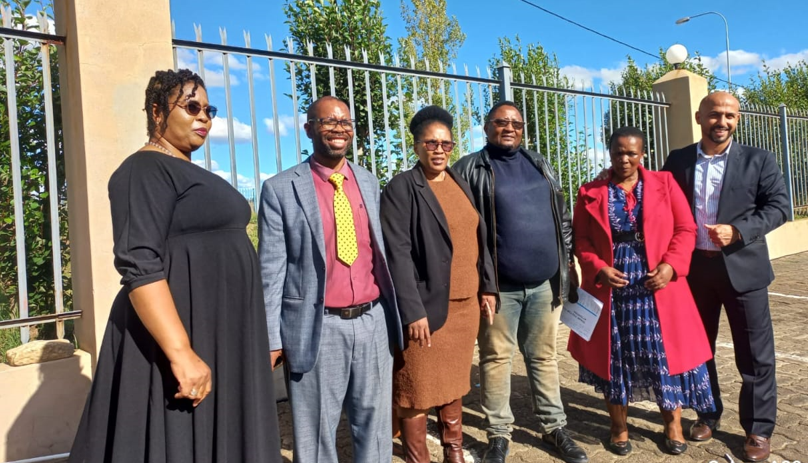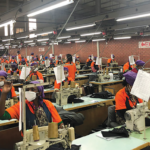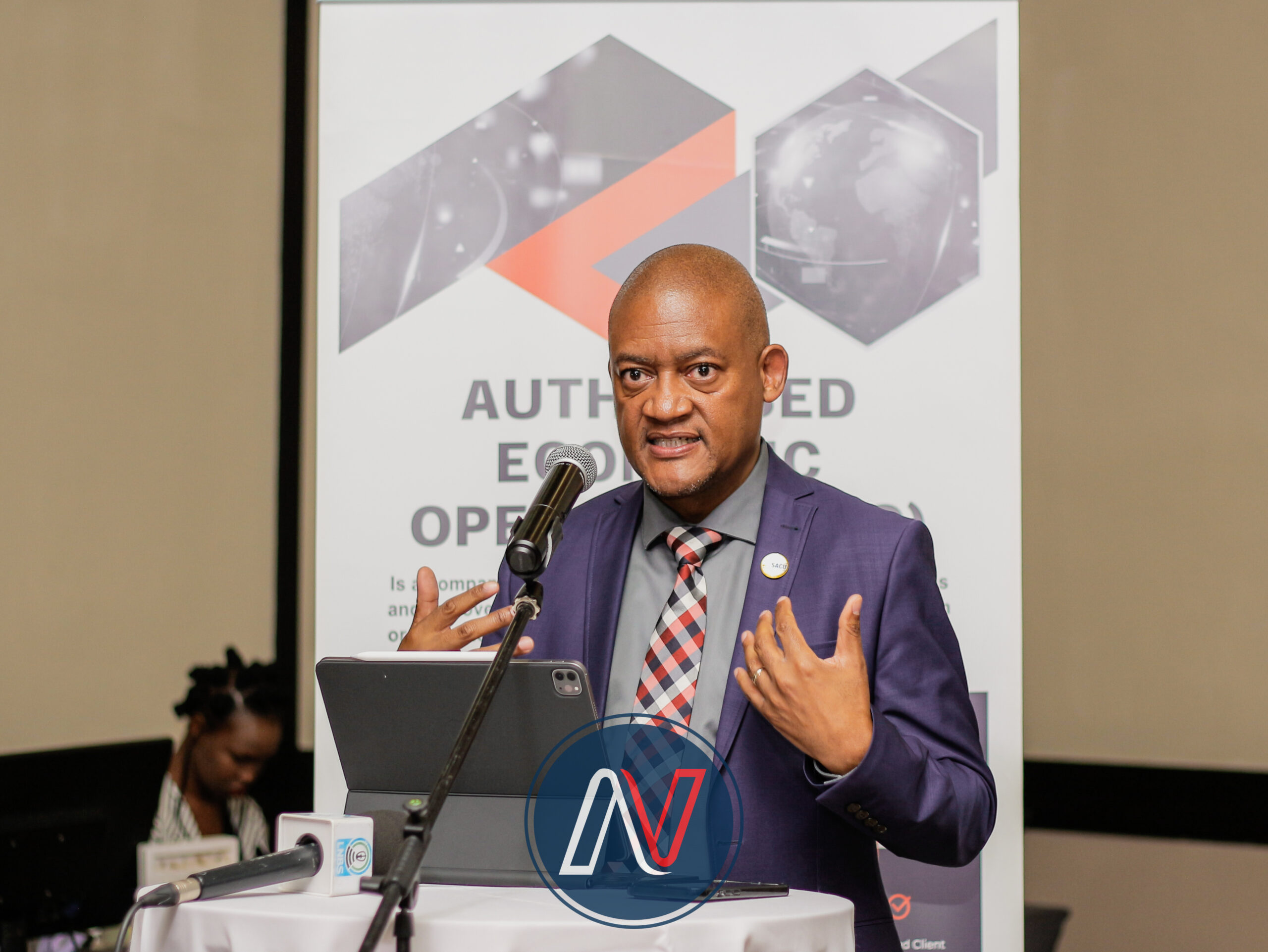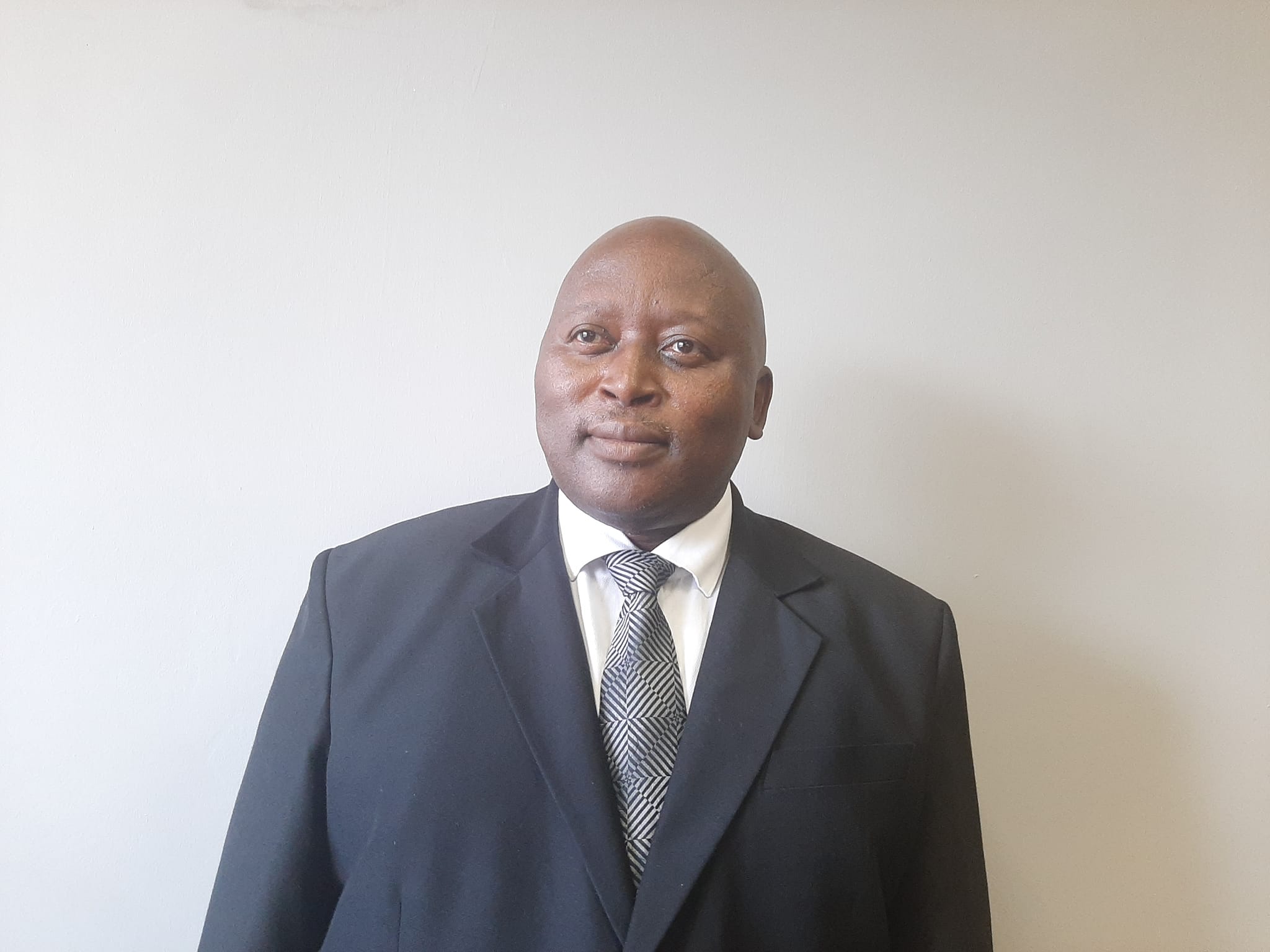As Lesotho advances plans to establish Special Economic Zones (SEZs) to stimulate industrial growth, the Private Sector Foundation of Lesotho (PSFL) has weighed in with proposals for an ideal SEZ model tailored to the country’s unique economic environment.
The PSFL recommends that SEZ enterprises be required to source a portion of their inputs locally and offer training to upskill local workers.
It also advocated for strong Public-Private Partnerships, suggesting the adoption of Build-Operate-Transfer schemes and private management of government-owned zones, similar to models in other countries such as neighbouring South Africa and Pakistan.
The Ministry of Trade, Industry and Business Development has drafted the Special Economic Zones Bill, 2025 based on the adopted SEZ policy, and is currently seeking stakeholder input before presenting it to Parliament.
The Bill aims to establish a legal framework for the creation, regulation, and administration of SEZs, with the broader goal of attracting investment, accelerating industrialisation and generating employment.
By definition, SEZs are geographically defined areas offering targeted incentives and streamlined regulations to attract business. Globally, SEZs have played a key role in job creation, export growth, and economic transformation.
Lesotho’s recently adopted SEZ policy aligns with the Extended National Strategic Development Plan II (NSDP II), which focuses on building a strong industrial base, attracting quality foreign investment, and reducing the cost of capital for SEZ ventures.
Prior to the policy’s adoption, Newsday raised a controversial point that suggested the government intended to commit to a 99-year agreement with iSwiss, a supposed Swiss financial group, for the development of these SEZs.
But the plan seems to have been abandoned, as the adopted policy has ditched the iSwiss idea and makes no mention of it like in the draft policy.
One of the draft SEZ Bill’s key proposals is the creation of an autonomous regulatory body known as the Special Economic Zones Authority. The authority will be responsible for regulating and licensing SEZ developers and operators, monitoring compliance, and managing SEZ operations.
It will be governed by a nine-member board with expertise in trade, investment, economics, and SEZ management, drawn from both the public and private sectors.
Labour issues are also addressed in the Bill, by mandating SEZ operators to give employment priority to Basotho nationals, and implement skills transfer programmes among others.
In terms of community impact and environmental protection, the Bill requires SEZs to respect the rights and customs of local people, promote mutual development programmes, and ensure cultural sensitivity.
The draft also proposes the establishment of an SEZ Arbitration Tribunal to resolve private law disputes arising within SEZs. Additionally, an SEZ Court with exclusive jurisdiction over all other matters, including criminal cases, is proposed to streamline legal processes.
PSFL’s Chief Executive Officer Thabo Qhesi has welcomed the Bill’s inclusion of the local private sector, but stressed the need for a hybrid model that balances government oversight with private sector efficiency.
“A hybrid model combines government oversight for policy alignment with private sector expertise for operational efficiency. Successful SEZs, like China’s Shenzhen or Jamaica’s logistics-centric zones, leverage private sector involvement to attract investment while maintaining regulatory control,” said Qhesi.
He added that the SEZ Authority should function as a quasi-governmental body with sufficient autonomy to avoid bureaucratic red tape but should report directly to a high-level office, such as the Prime Minister’s, for effective coordination and political backing.
Qhesi advocated for strong Public-Private Partnerships, suggesting the adoption of Build-Operate-Transfer schemes and private management of government-owned zones, similar to models in South Africa and Pakistan.
He also emphasised the importance of integrating SEZs with the local economy.
“SEZs succeed when they offer clear, stable incentives and foster integration with the local economy to avoid enclave-like structures, as observed in Jamaica’s early SEZs.”
The PSFL recommends that SEZ enterprises be required to source a portion of their inputs locally and offer training to upskill Basotho workers. It further suggests focusing on three priority sectors to broaden Lesotho’s industrial base: cannabis production and export, agro-processing, and light manufacturing.
“Cannabis Production and Export: Capitalise on global demand for medicinal cannabis, ensuring compliance with international regulations; Agro-Processing: Develop food processing industries linked to local agriculture, as prioritized by the LNDC, to enhance food security and export potential; Light Manufacturing: Target electronics components and automotive parts, as suggested by the LNDC, to attract FDI from Asian and European firms.”
The foundation emphasised that Lesotho should position its SEZ strategy to take advantage of international trade agreements like AGOA (if renewed) and regional trade deals, while building value-added production chains to avoid over-reliance on imports, as seen in the textile industry.
To ensure long-term sustainability, PSFL recommends that stakeholder engagement and capacity building be built into the SEZ legal framework. It pointed to countries like Ethiopia and Morocco, where collaboration between government, the private sector, and local communities has been key to SEZ success.
Community engagement should be prioritised to ensure social benefits such as jobs and skills development. Additionally, partnerships with development agencies like UNIDO and the World Bank could help equip Basotho workers and entrepreneurs with the necessary skills to participate meaningfully in SEZ activities.
“In conclusion, an effective SEZ Authority for Lesotho should adopt a hybrid public-private model, prioritising streamlined governance, targeted incentives, and infrastructure development,” PSFL stated. “By focusing on cannabis, agro-processing, and light manufacturing, and ensuring local economic linkages, Lesotho can diversify its economy and attract sustainable foreign investment.”
PSFL encouraged the government to draw lessons from global SEZ success stories while addressing domestic constraints such as bureaucracy and infrastructure gaps.
It also recommended consulting international resources like the UNCTAD Investment Policy Hub and seeking technical support from UNIDO to strengthen implementation.
Summary
- As Lesotho advances plans to establish Special Economic Zones (SEZs) to stimulate industrial growth, the Private Sector Foundation of Lesotho (PSFL) has weighed in with proposals for an ideal SEZ model tailored to the country’s unique economic environment.
- Prior to the policy’s adoption, Newsday raised a controversial point that suggested the government intended to commit to a 99-year agreement with iSwiss, a supposed Swiss financial group, for the development of these SEZs.
- He added that the SEZ Authority should function as a quasi-governmental body with sufficient autonomy to avoid bureaucratic red tape but should report directly to a high-level office, such as the Prime Minister’s, for effective coordination and political backing.

Your Trusted Source for News and Insights in Lesotho!
At Newsday Media, we are passionate about delivering accurate, timely, and engaging news and multimedia content to our diverse audience. Founded with the vision of revolutionizing the media landscape in Lesotho, we have grown into a leading hybrid media company that blends traditional journalism with innovative digital platforms.










